-550x550w.jpg)
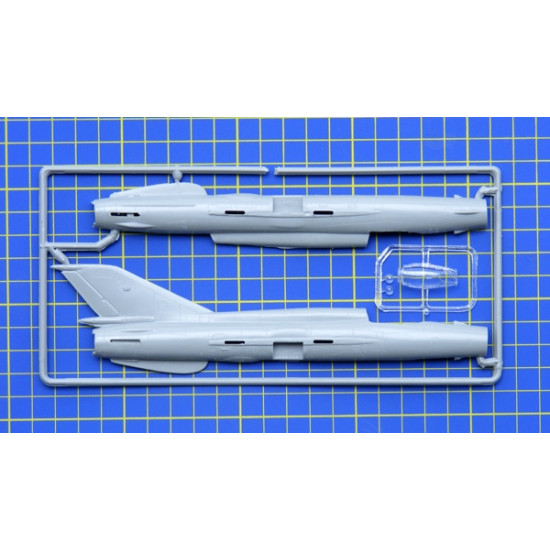
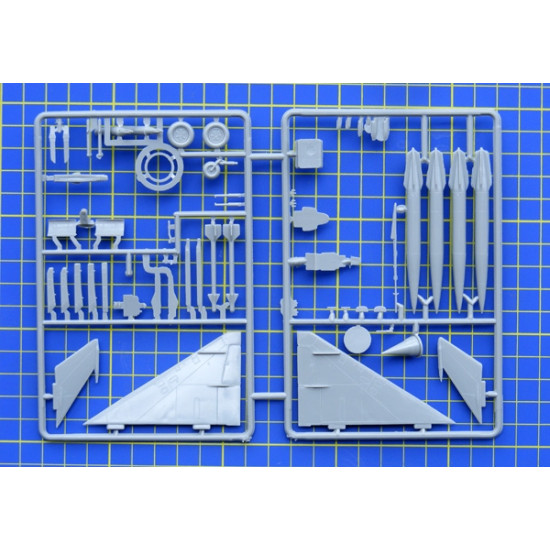
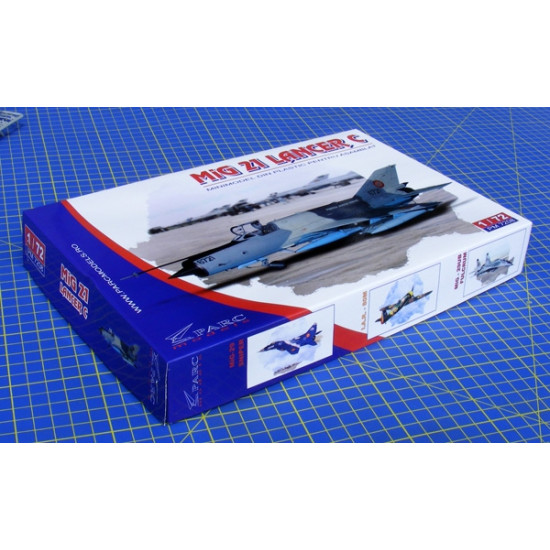
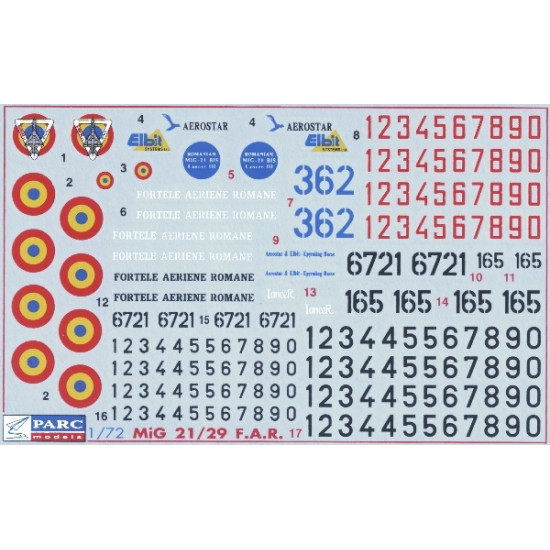
-80x80w.jpg)




MiG-21 LanceR C
1/72 scale plastic model kit
Parc Models PARC7208
Manufacturer: Parc Models
Scale: 1/72
Material: Plastic
Condition: New in Box
The Mikoyan-Gurevich MiG-21 (Russian: МикоÑн и Гуревич МиГ-21;NATO reporting name: Fishbed) is a supersonic jet fighter aircraft, designed by the Mikoyan-Gurevich Design Bureau in the Soviet Union. It was popularly nicknamed "Balalaika", from the aircraft's planform-view resemblance to the Russian stringed musical instrument or ołówek(English: pencil) by Polish pilots due to the shape of its fuselage.Early versions are considered second-generation jet fighters, while later versions are considered to be third-generation jet fighters. Approximately 60 countries over four continents have flown the MiG-21, and it still serves many nations a half-century after its maiden flight. The fighter made aviation records. At least by name, it is the most-produced supersonic jet aircraft in aviation history and the most-produced combat aircraft since the Korean War, and it had the longest production run of a combat aircraft (1959 to 1985 over all variants).The MiG-21 jet fighter was a continuation of Soviet jet fighters, starting with the subsonic MiG-15 and MiG-17, and the supersonic MiG-19. A number of experimental Mach 2 Soviet designs were based on nose intakes with either swept-back wings, such as the Sukhoi Su-7, or tailed deltas, of which the MiG-21 would be the most successful.
Development of what would become the MiG-21 began in the early 1950s, when Mikoyan OKB finished a preliminary design study for a prototype designated Ye-1 in 1954. This project was very quickly reworked when it was determined that the planned engine was underpowered; the redesign led to the second prototype, the Ye-2. Both these and other early prototypes featured swept wings—the first prototype with delta wings as found on production variants was the Ye-4. The Ye-4 made its maiden flight on 16 June 1955 and made its first public appearance during the Soviet Aviation Day display at Moscow's Tushino airfield in July 1956.
In the West, due to the lack of available information, early details of the MiG-21 often were confused with those of similar Soviet fighters of the era. In one instance, Jane's All the World's Aircraft 1960–1961 listed the "Fishbed" as a Sukhoi design and used an illustration of the Su-9 'Fishpot'.The MiG-21 was the first successful Soviet aircraft combining fighter and interceptorcharacteristics in a single aircraft. It was a lightweight fighter, achieving Mach 2 with a relatively low-powered afterburning turbojet, and is thus comparable to the AmericanLockheed F-104 Starfighter and Northrop F-5 Freedom Fighter and the FrenchDassault Mirage III.Its basic layout was used for numerous other Soviet designs; delta-winged aircraft included Su-9 interceptor and the fast E-150 prototype from MiG bureau while the mass-produced successful front fighter Su-7 and Mikoyan's I-75 experimental interceptor combined a similar fuselage shape with swept-back wings. However, the characteristic layout with the shock cone and front air intake did not see widespread use outside the USSR and finally proved to have limited development potential, mainly because of the very small space available for the radar.The MiG-21 was exported widely and continues to be used. The aircraft's simple controls, engine, weapons, and avionics were typical of Soviet-era military designs. The use of a tail with the delta wing aids stability and control at the extremes of the flight envelope, enhancing safety for lower-skilled pilots; this in turn enhanced its marketability in exports to developing countries with limited training programs and restricted pilot pools. While technologically inferior to the more advanced fighters it often faced, low production and maintenance costs made it a favorite of nations buying Eastern Bloc military hardware. Several Russian, Israeli and Romanian firms have begun to offer upgrade packages to MiG-21 operators, designed to bring the aircraft up to a modern standard, with greatly upgraded avionics and armaments.
MiG-21
Egyptian Air Force MiG-21 PFM during Operation Bright Star in 1982.
Role
Fighter
Manufacturer
Mikoyan-Gurevich OKB
Designer
Artem Mikoyan
First flight
14 February 1955 (Ye-2)
Introduction
1959 (MiG-21F)
Status
In active service (see list)
Primary users
Soviet Air Force
Indian Air Force
Libyan Air Force
Produced
1959 (MiG-21F) to 1985 (MiG-21bis)
Number built
11,496
(10,645 produced in the USSR, 657 in India, 194 in Czechoslovakia)
| General Product Info | |
| Material | Resin |
| Scale | 1/72 |
| Type | NOT SET |
We have the lowest worldwide shipping. And it's totally simple.
EUROPE, USA, CANADA TURKEY, ISRAEL, EGYPT, UE CHINA, JAPAN, HK, S.KOREA | AU NZ MX South America, Asia | |
| Order weight up to 0.22kg or 0.48lb | US$ 8.90 | US$ 8.90 |
| Order weight up to 0.44kg or 0.97lb | US$ 13.95 | US$ 17.90 |
| Order weight over 0.44kg or 0.97lb | US$ 19.99 | US$ 29.99 |
| Order total over $150 | FREE | PROMO US$ 19.99 |
Shipping to some countries not qualifies for the free shipping option but costs not over $29.99 for any sized order. Sorry for that, your location is too far.
- Stock: Out Of Stock
- Model: PARC7208
- Weight: 0.38lb
- DATE ADDED: 15/09/2014
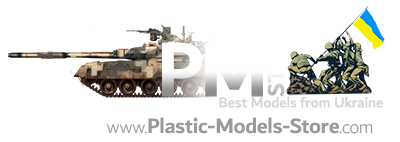



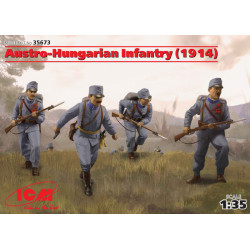
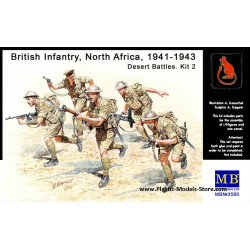
-250x250w.jpg)
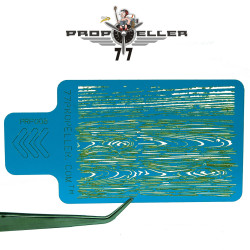

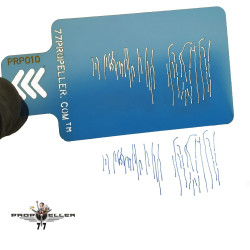
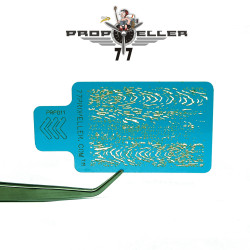









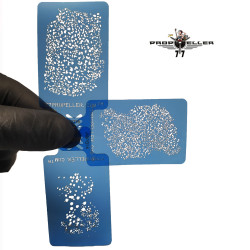
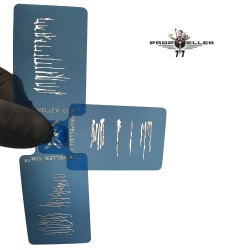
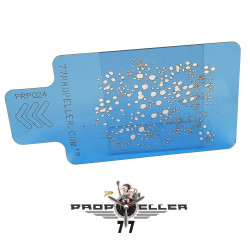
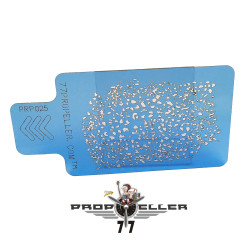
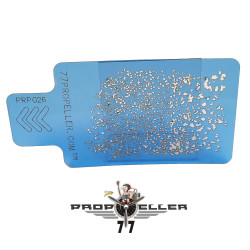
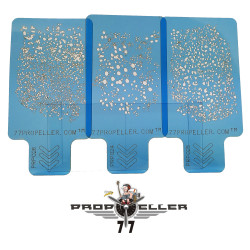

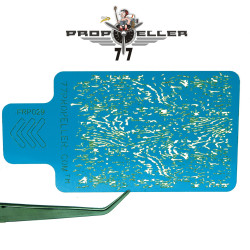
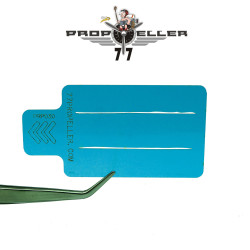
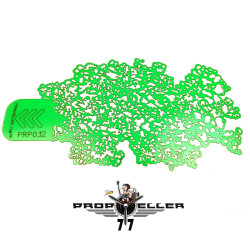
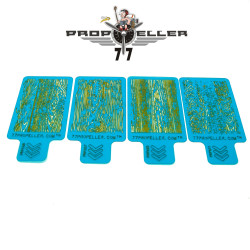
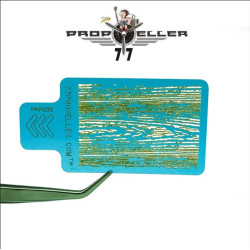

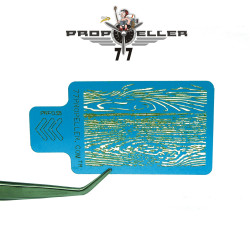



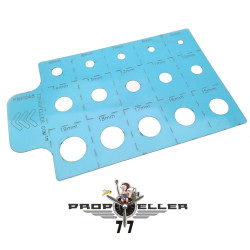
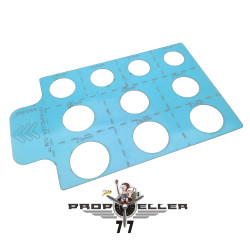
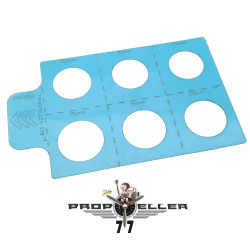
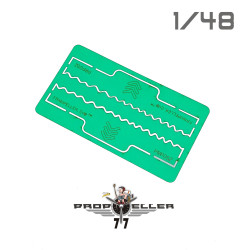
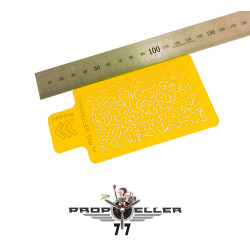
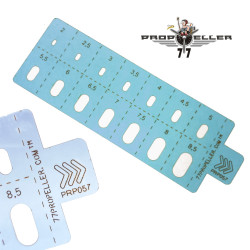
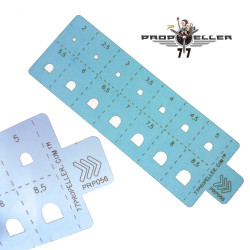
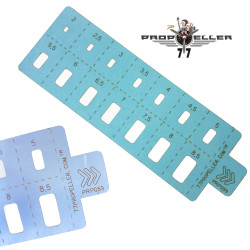
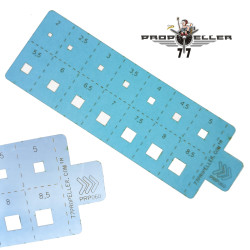
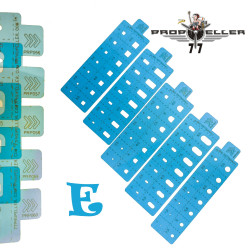


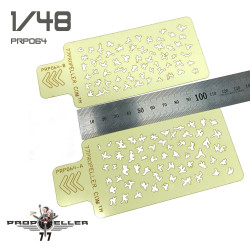









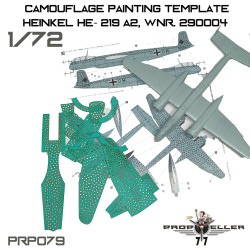

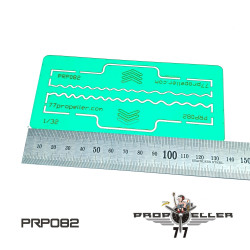
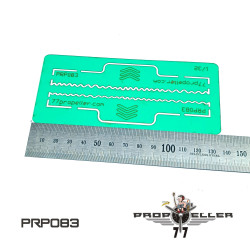
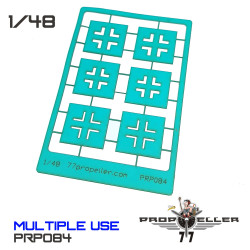
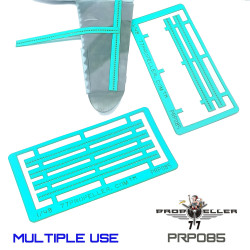
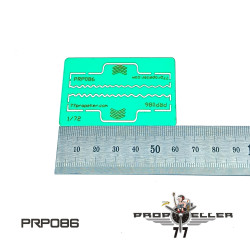
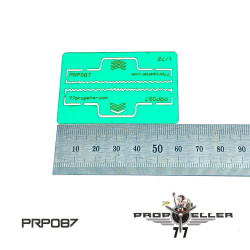
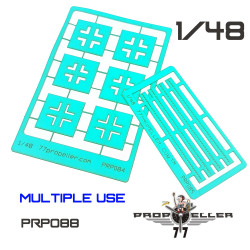
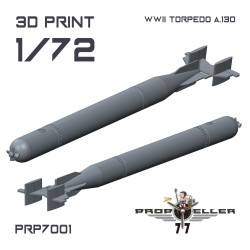
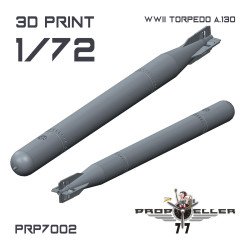



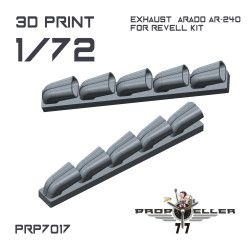
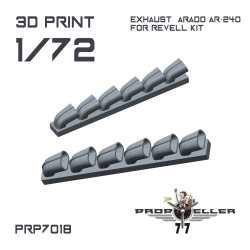
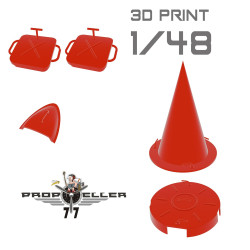

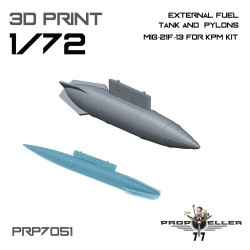
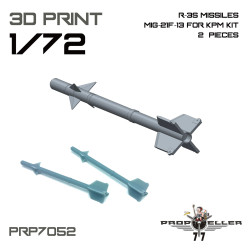
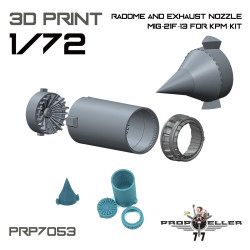

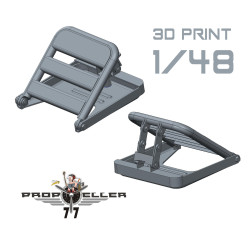
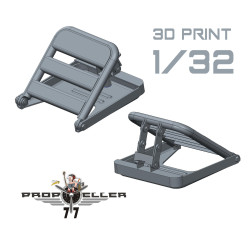
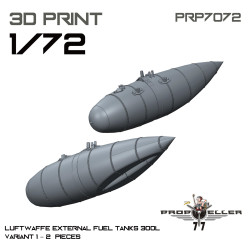
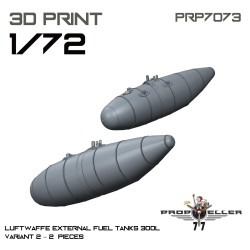
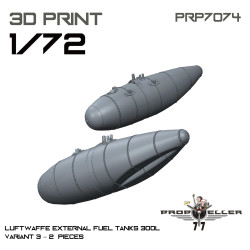
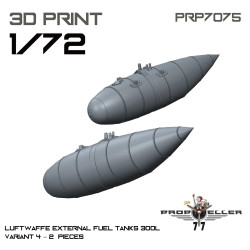
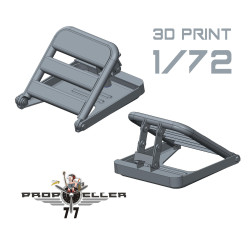




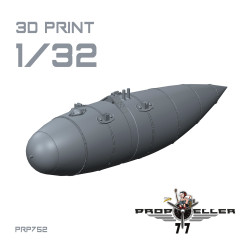

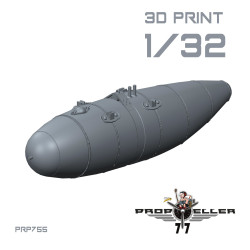
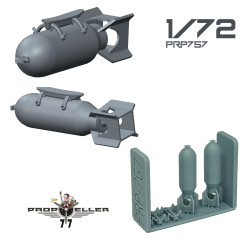
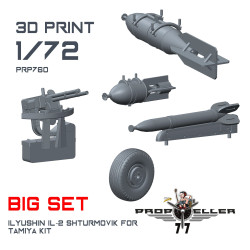
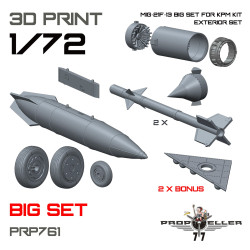

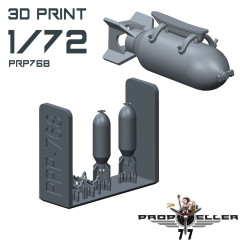

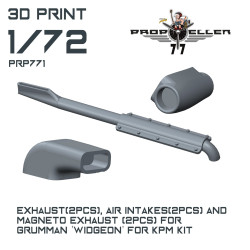
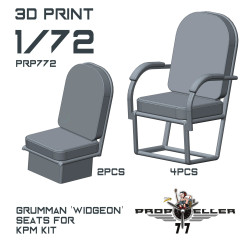










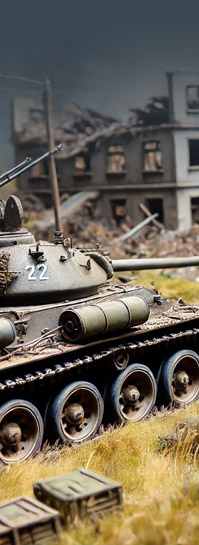
-250x250w.jpg)
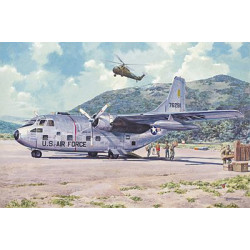

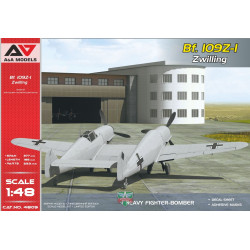
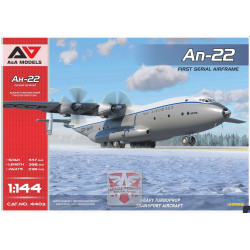

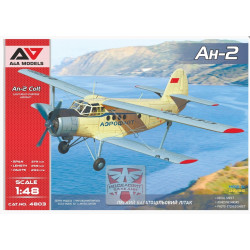

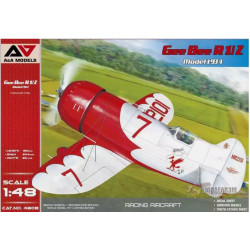

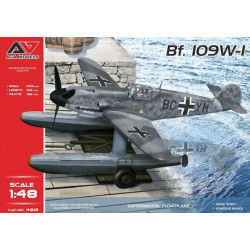

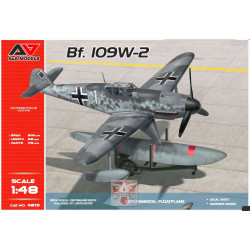

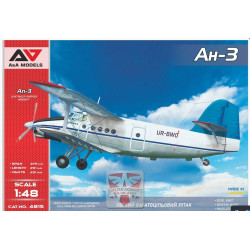
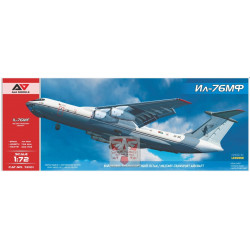

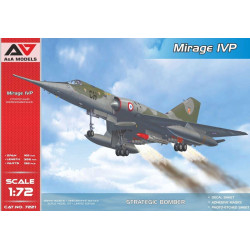

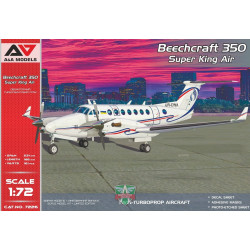
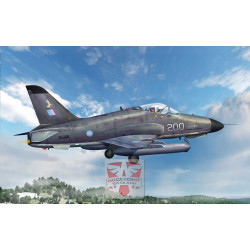
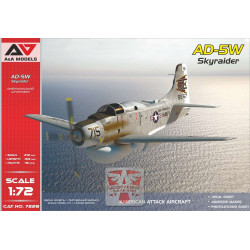
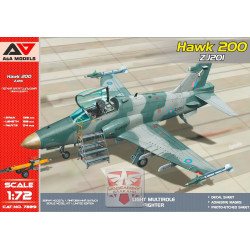
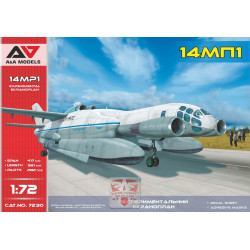

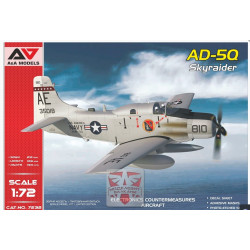

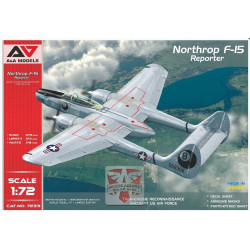

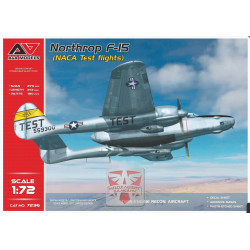

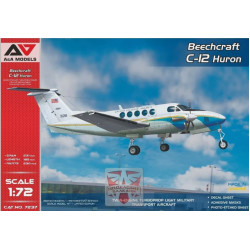

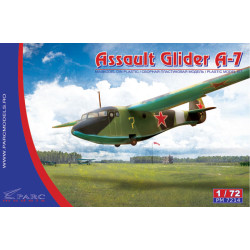




-250x250w.jpg)
-250x250w.jpg)
-250x250w.jpg)
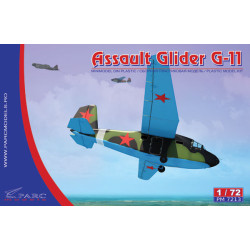
-250x250w.jpg)
-250x250w.jpg)

